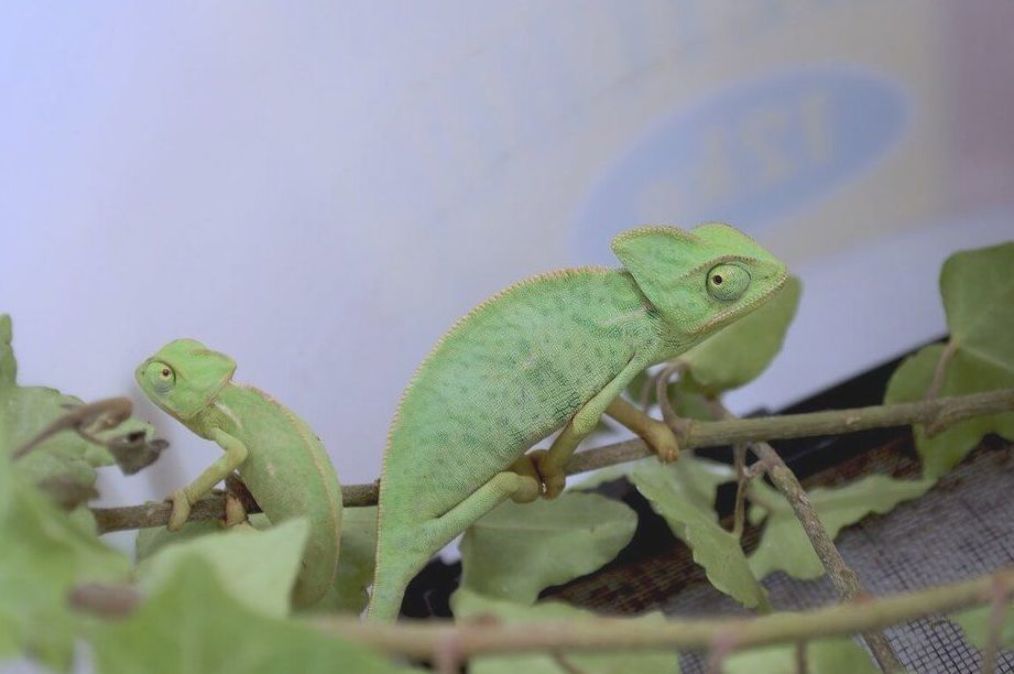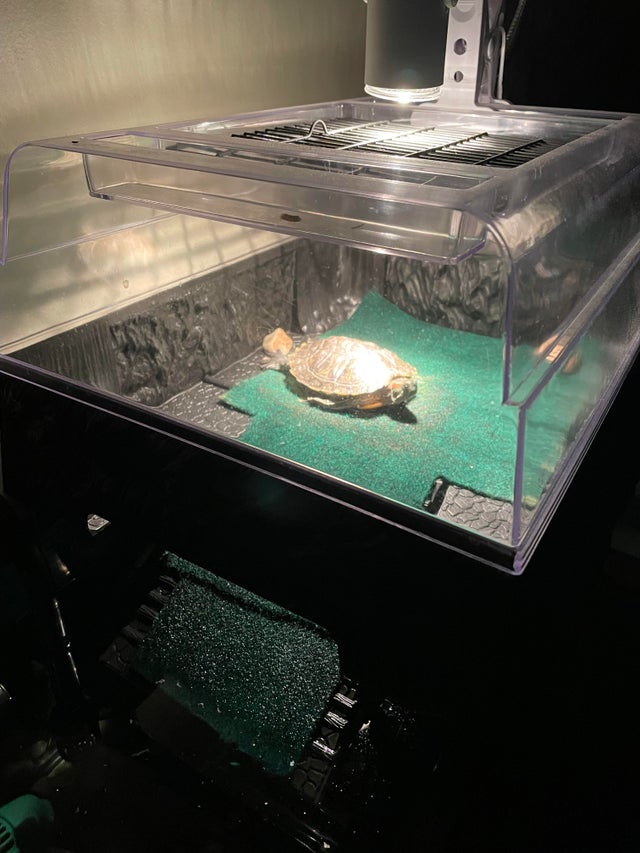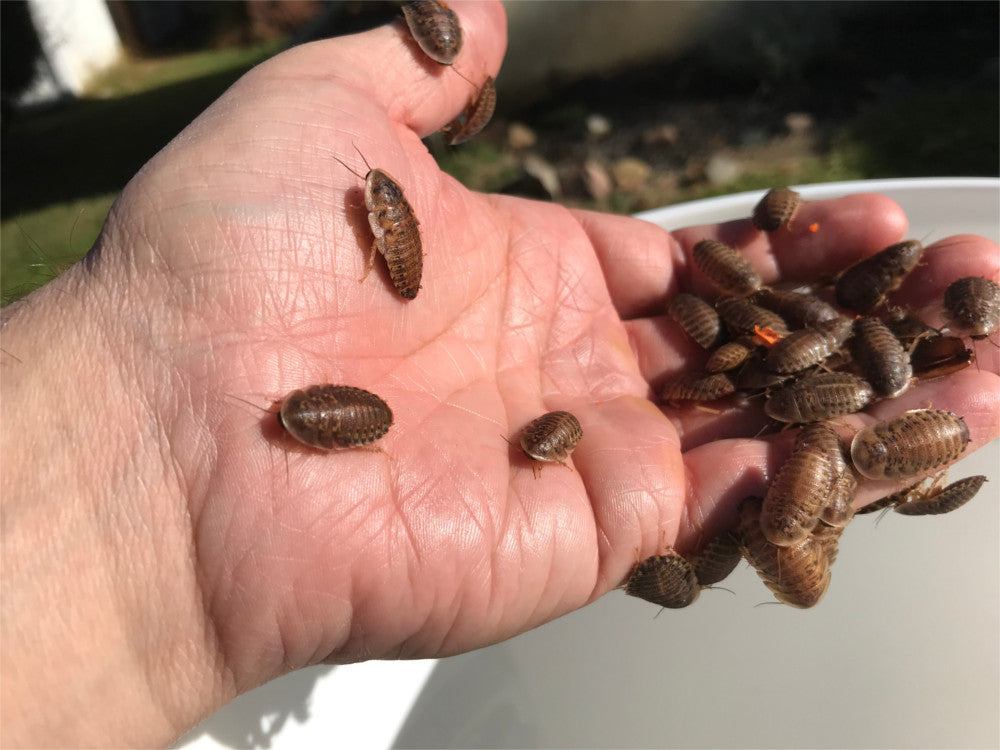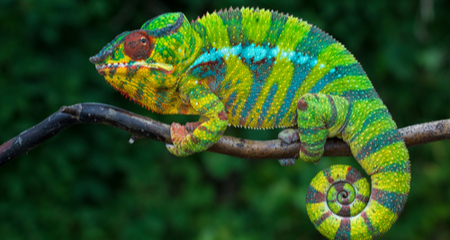How Long Can a Chameleon Go Without Water
A chameleon can go without water for quite a long time, depending on the species and its environment. The panther chameleon, for example, can survive up to two weeks without access to water if it is kept in an enclosure with temperatures no higher than 70-80 °F (21-27°C). If the temperature rises above this range, …









